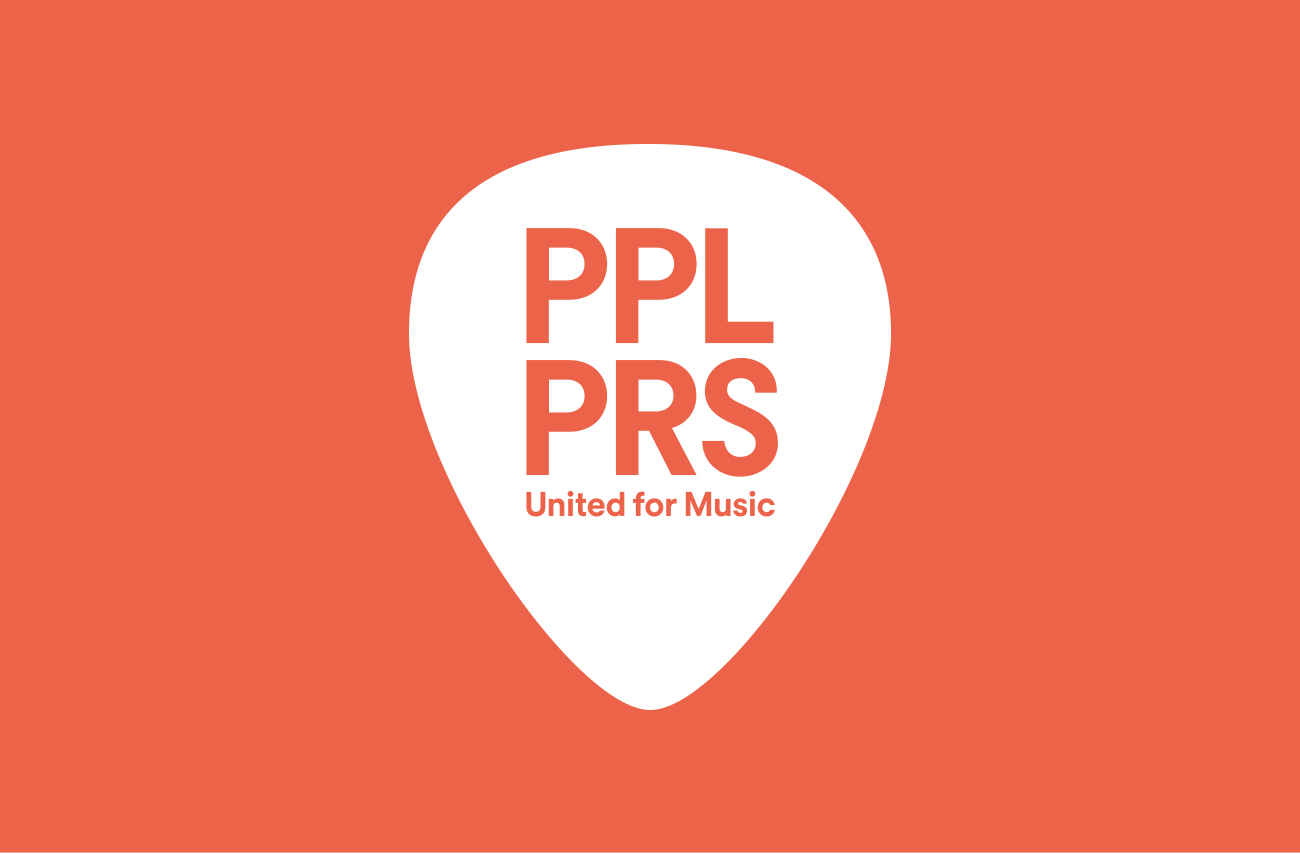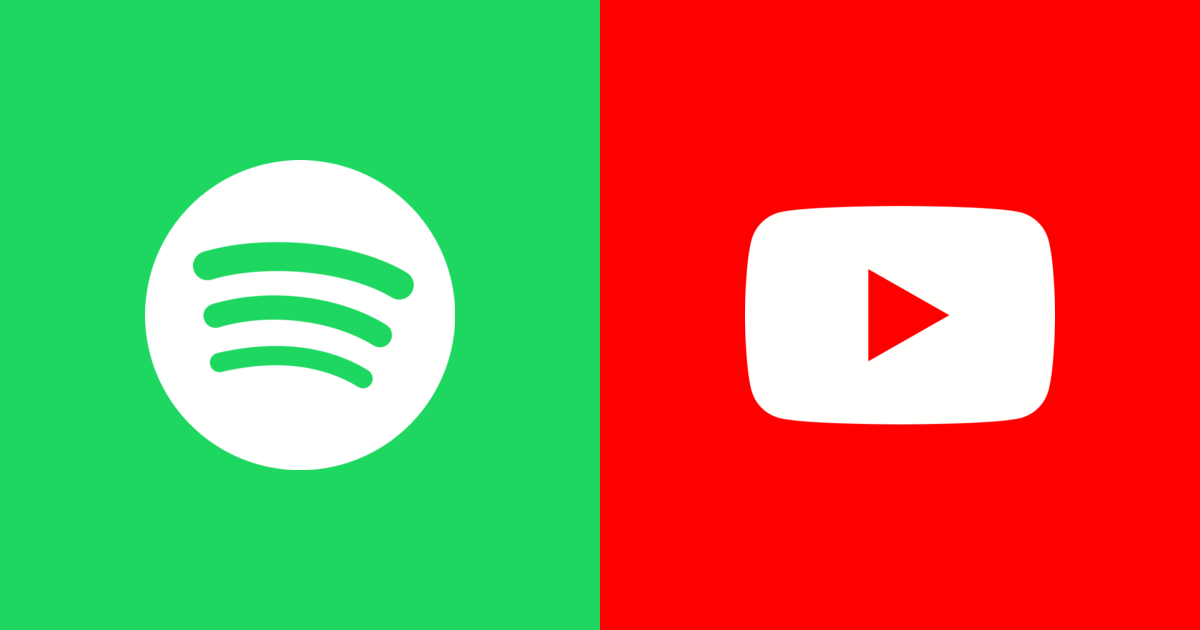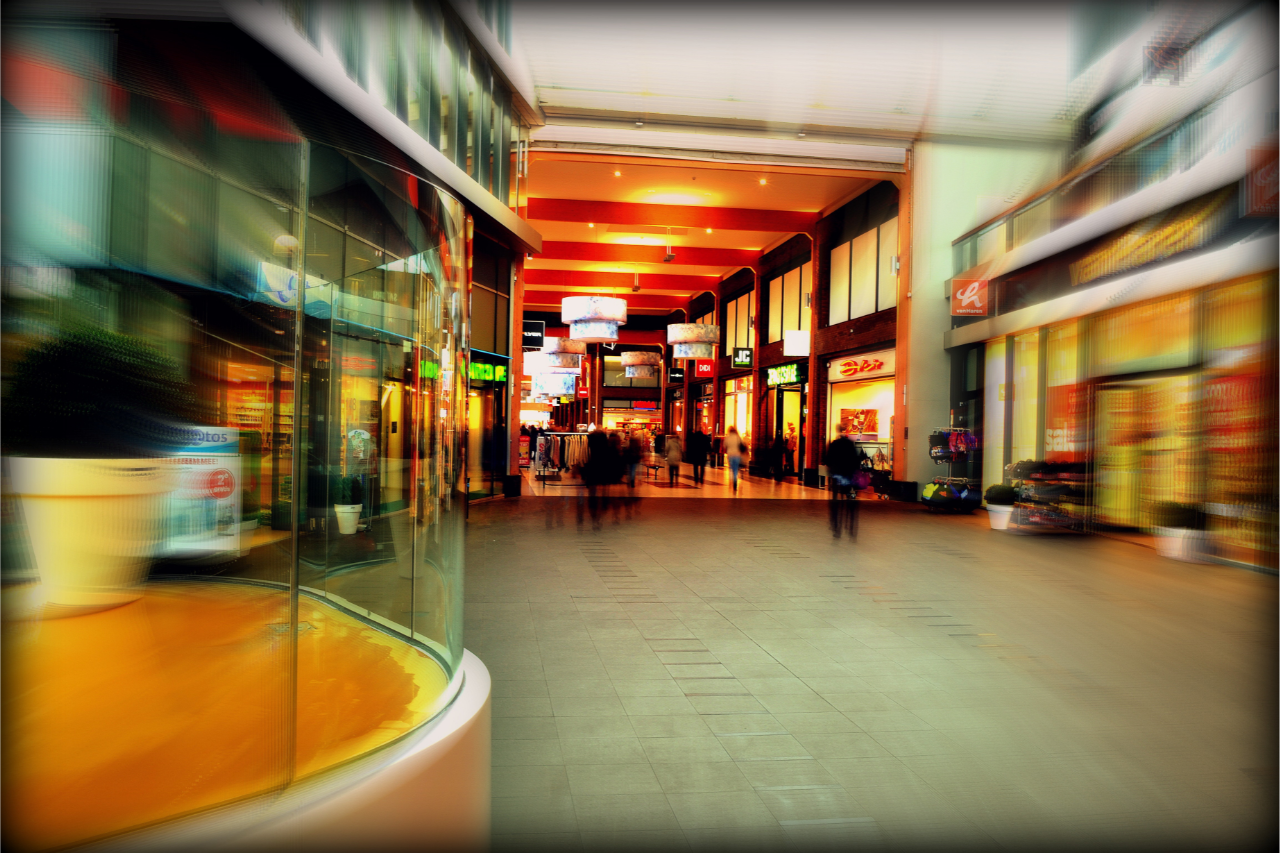Music Licensing Explained: Why it's illegal to use Spotify (UK)
There is still a lot of confusion around background music licensing for businesses.
What kind of licence do you need to play music in your commercial space (if operating in the UK)? Can you stream music directly from your Spotify account?
We answered all of these questions below...
The starting point: purchasing a PRS and PPL licence
If you intend to play copyrighted music in your business, you are required by law to purchase a licence via the PRS and PPL.
Playing music in your brick-and-mortar business differs from listening to music at home, hence the need for commercial licenses.

The two organisations, PRS and PPL, recently amalgamated to make it easier to get set up. Typically, you’ll pay an annual licence based on the size of your premises (audible area) and the way you plan to use music. Background music (eg. playlists) is cheaper than featured music (eg. DJ sets or live concerts).
More information on the licence can be found here.
Digital Music Platforms: can you use them in your commercial space?

Digital music platforms like Spotify, YouTube, and Apple Music are only licensed for home/personal use. Even if you have the above PPL and PRS licences, you are not permitted to use these platforms.
For example, when you sign up to Spotify, you agree to the Terms & Conditions stating that you will be using the service for your own personal, non-commercial use. Spotify explain this in full under Section 5 - Using our service:

The Spotify Service and the Content are the property of Spotify or Spotify's licensors. We grant you limited, non-exclusive, revocable permission to make use of the Spotify Service, and limited, non-exclusive, revocable permission to make personal, non-commercial use of the Content (collectively, “Access”). This Access shall remain in effect until and unless terminated by you or Spotify. You promise and agree that you are using the Spotify Service and Content for your own personal, non-commercial use and that you will not redistribute or transfer the Spotify Service or the Content.
Personal streaming doesn't work for your business as the reason why you are in that space is to make money. Commercial music licenses cost more because the artists should earn more when you play their songs.
*** Got more questions about licensing? Tap on the Live Chat blue icon on the right hand corner below to talk to us.

How can copyright holders get compensated correctly?
The PPL and PRS licences that you pay for each year, allow you to play music in your venue. The name given to these licences by both PPL and PRS are Public Performance Licences, now known as the The Music Licence.
In 2018, PPL and PRS joined forces to set up a joint venture combining the two societies’ public performance licensing activities, offering this joint music licence. This licence which is required by law, under the Copyright, Designs and Patents Act 1988, where permission is needed from the relevant copyright holders – the people who create music – to play copyrighted material in a public performance setting.
Each song heard in a commercial venue has copyright attributed to it, and PPL represent the performers and record companies, whilst PRS represent the songwriters, composers, and music publishers.
Holders of copyright music are legally due a royalty payment every time their work is played or aired in public via a recording, a live performance, radio broadcast or any other form.
Your music licence does not cover each royalty payment to the copyright holder, it only covers your legal requirement to play music in a commercial setting.

If you were to stream music from Spotify, you wouldn't report back to PPL PRS Ltd which songs were actually played in your commercial space. This means that the copyright holder of the track would not get compensated for the fact that you used their copyrighted material to help set the ambience for your business.
The biggest misunderstanding held by many businesses is that the purchase of the music licence covers payments made to the artists. How do PPL and PRS know what you played? Imagine if you had to report that each month, each actual track and how many times it was played.
The solution we offer
As a licensed business music provider, Open Ear Music hold a PPL PRS Dubbing Licence. This licence is different to your site performance licence, and we are obligated to pay back royalties to the copyright holders, for each and every song placed in the music playlists we provide to you. Each track is reported by us, and the copyright holder of each song is compensated for the fact that their music was played in your business.
In summary, Spotify is a personal, non-commercial music service and is not permitted to be used by your business. You pay the site Performance Licence, and we pay each copyright holder for every track held in your Open Ear music library, via our Dubbing Licence.
By using Open Ear, you are playing legal, licensed music, and the copyright holder is properly compensated for playing their part. We account every quarter to ensure the musicians you play are properly compensated.